Living in the West, we are provided specific messages about love. These messages that we receive are somewhat different from the Islamic perspective of love and marriage. This can become difficult to discern. In times like this, I like to think about the greatest love story of Islamic history: Prophet Muhammad (SAWW) and Khadijah (RA). Their story provides us with an example of a successful marriage and that love in Islam not only exists but can flourish.
Great Women Khadijah(R.A):
As most of us may know, Khadijah (R.A) was a wealthy businesswoman of elegance and ethical demeanor. However, running a business in such a patriarchal society was difficult, so she opted to hire a man to handle the day to day affairs. Hearing about the honesty and trustworthiness of a man named Muhammad (SAWW), she hired him. After a single trip abroad, with the blessings of Allah (SWT), the Prophet (SAWW) was able to grow her business manifold.
Khadijah (RA) was very impressed not only by his work ethic but by his personality and good moral character. Khadijah (RA) had been widowed and not interested in marriage. She also felt that she was too old for him. Eventually, she sent him a proposal for marriage. The Prophet (SAWW) was surprised that a woman of such status and beauty would want to marry him, but he accepted. They lived happily together for many years.
The beginning:
The beginning of this story demonstrates the characteristics one should look into a life partner. Their traits should match the values you hold or want your partner to have. In this case, personality and good moral character traits such as honesty and trustworthiness were traits that Khadijah (RA) placed value on. It also demonstrates to us the way we can propose marriage. The West dictates that the man is responsible for the proposal. No such “law” exists in Islam. Either man or woman can submit to the other.
The Prophet (SAWW) and Khadijah (RA) went through many changes together. The most significant of which was the revelation. After spending some time in Cave Hira, the angel Jibreel (AS) revealed to him the verses of Surah Iqra. Frightened, the Prophet (SAWW) ran back to his home and sought comfort from his wife, Khadijah (RA).
She consoled him by highlighting his strengths as a person, reminding him of the good that he does and how he is an apt example of righteousness and truthfulness. She then took him to her cousin, a scholar of old scriptures who gave him glad tidings, confirming that he was the chosen Last Messenger. Here, Khadijah (RA) greatly supported her husband by believing in him and comforting him in his time of crisis. She did not invalidate his experience but accepted it and even arranged a meeting with an expert.
After the revelation, there were a lot of difficult times. The early Muslims were banished from Makkah. Khadijah (RA) remained a staunch supporter of the Prophet (SAWW), sacrificing her wealth for his cause.
Death:
Unfortunately, the embargo placed on them resulted in her illness and eventual death. The Prophet (SAWW) was deep grief-stricken, calling that phase of his life, “The Year of Sorrow.” Some years later he came across her necklace and stricken by grief. Aisha (RA) jealous, questioned him about this. He (SAWW) replied that she was a source of comfort and support when everyone else rejected me.
Even though the Prophet (SAWW) eventually married other women, he (SAWW) was only married to Khadijah (RA) during her life. This part of their life demonstrates that love in Islam consists of supporting and comforting each other.
In the Qur’an Allah says,
“It is He who created you from one soul and created from it its mate that he might dwell in security with her.” (7:189)
and describes the husband-wife relationship as clothing,
“They are clothing for you and you are clothing for them.” (2:187).
The metaphor of clothing is used here because the function of clothing is to provide warmth, comfort, and safety to the individual. That is the function of marriage and love in Islam, and the story of the Prophet (SAWW) and Khadijah (RA) demonstrates this most elegantly.
May Allah (SWT) bless us with spouses and children who are the coolness of our eyes. Ameen.



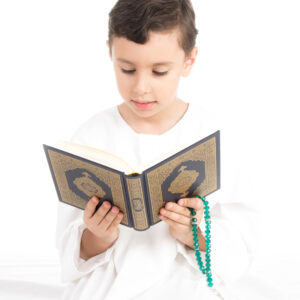

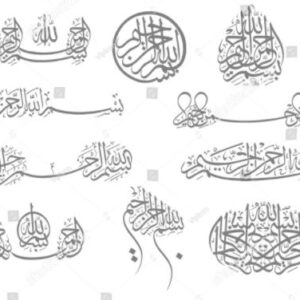
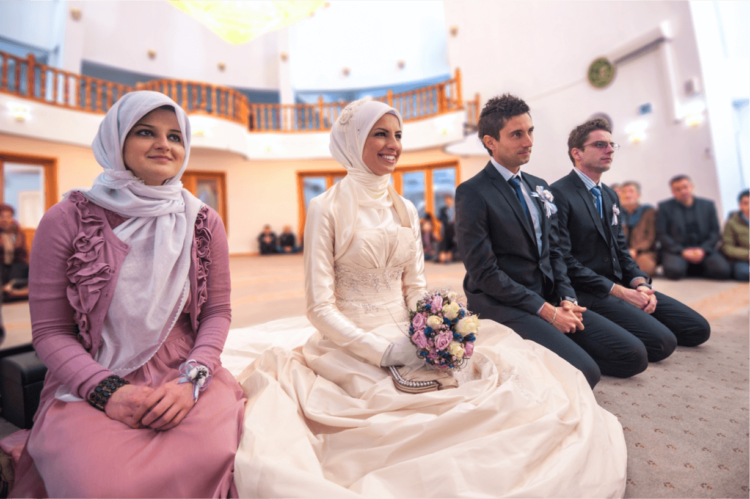

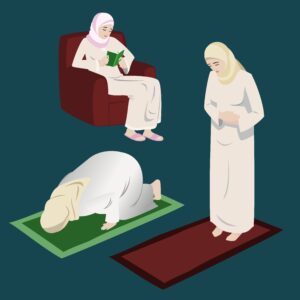
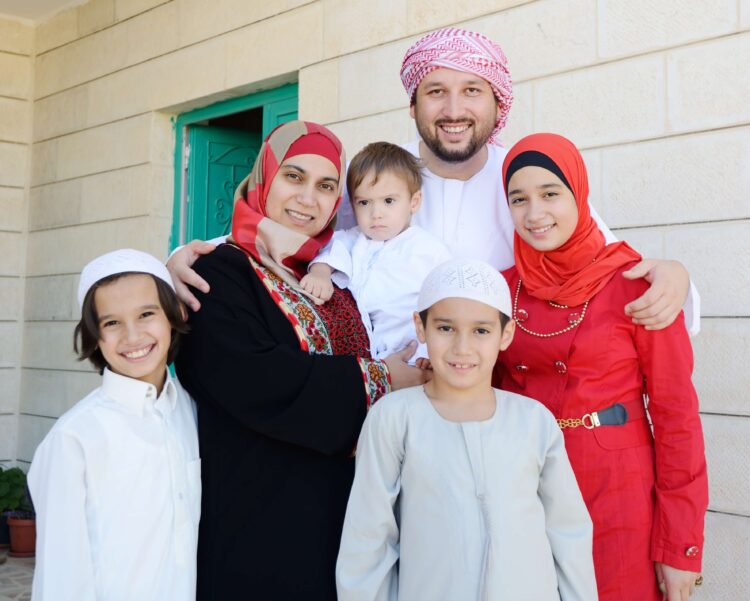

Maa shaa Allah very beneficial,may Allqh reward you with all goodness and give you more energy and willingness to share the kheyr